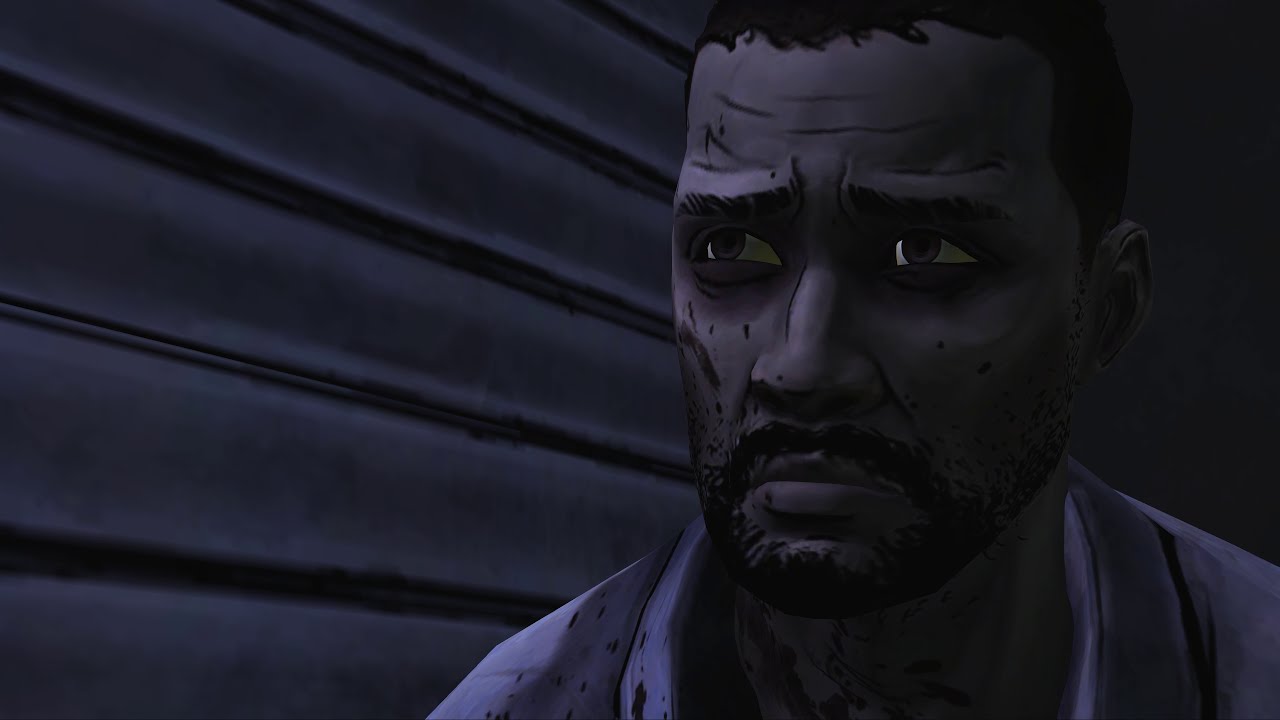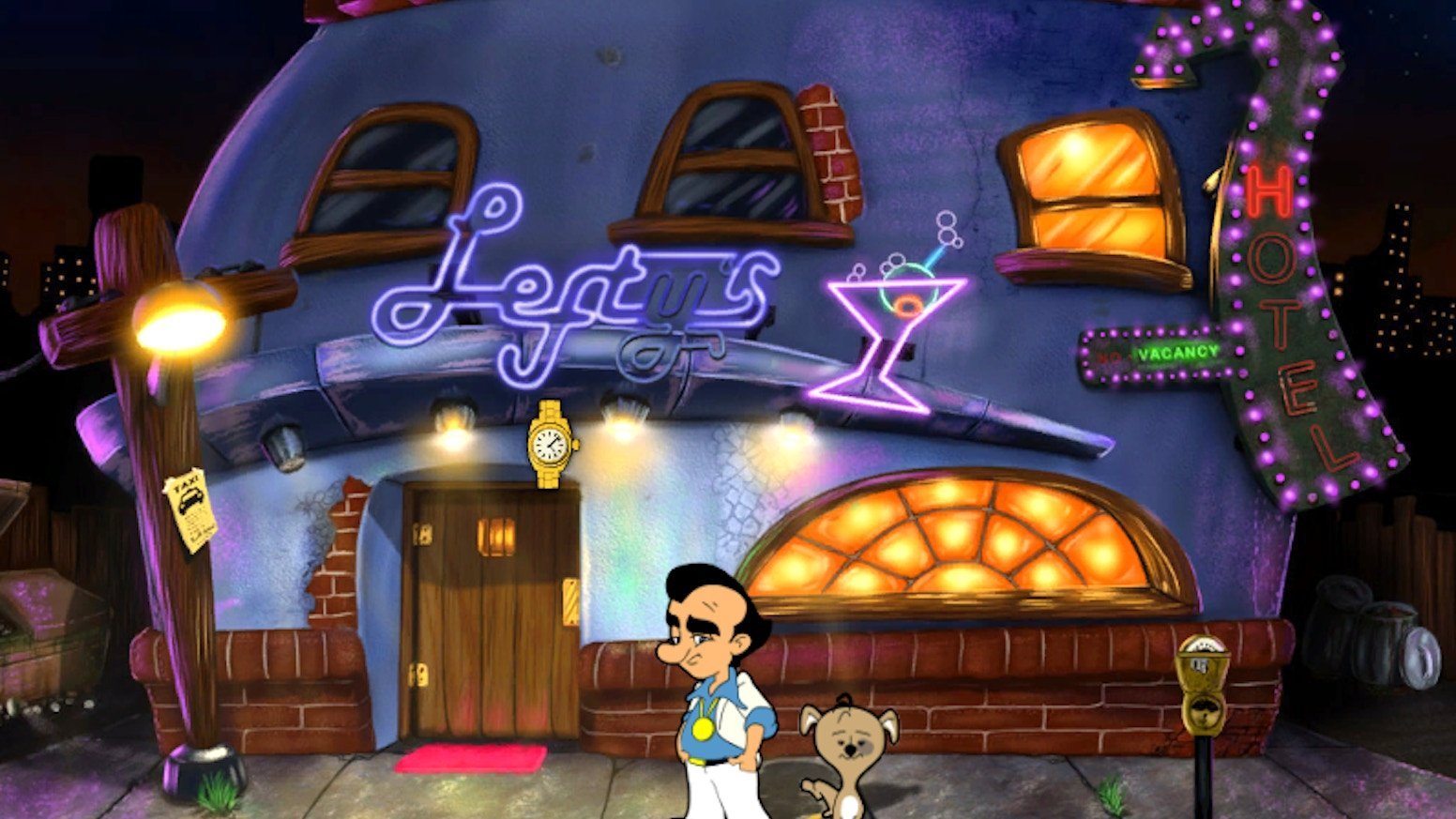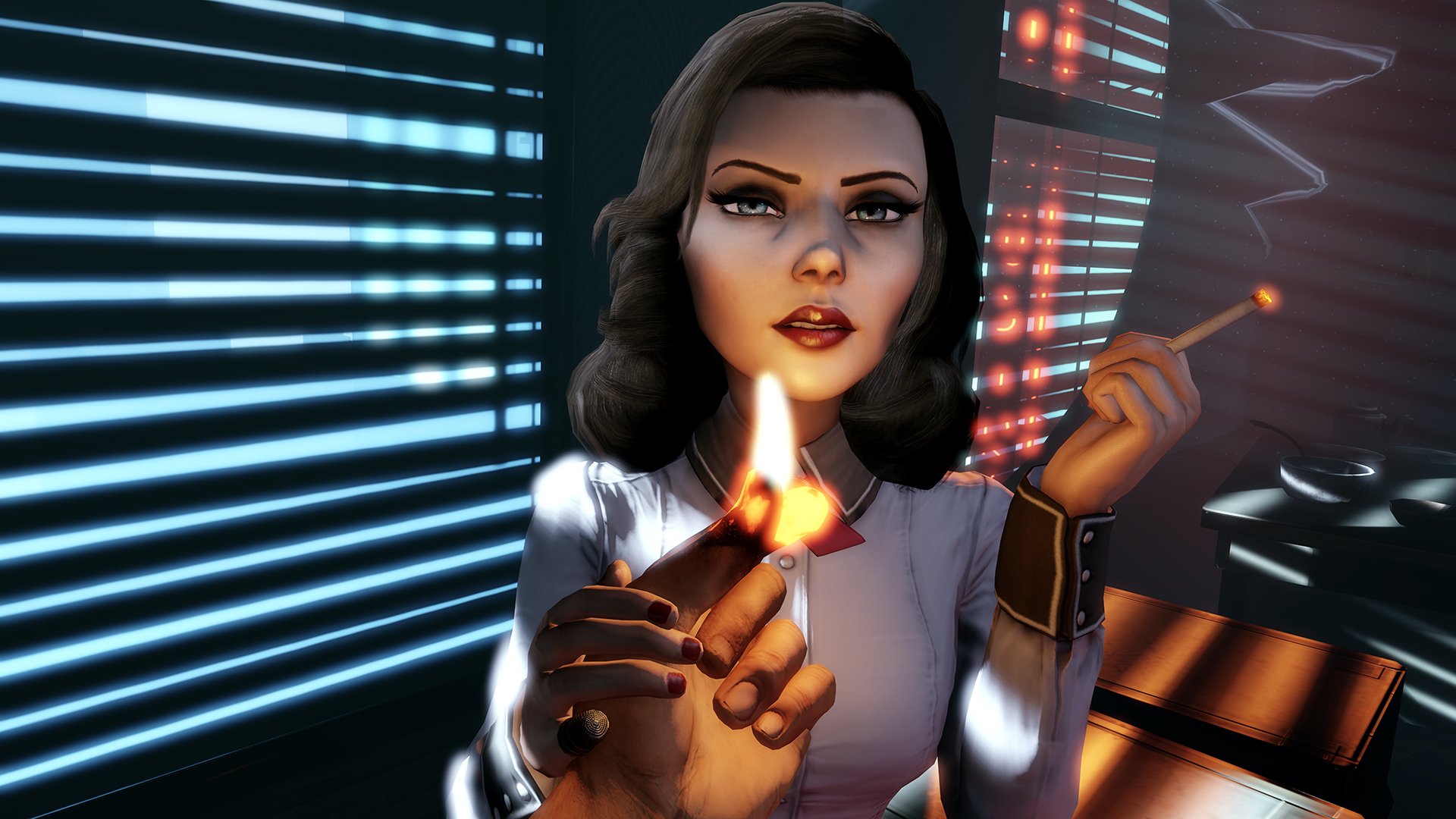Best Of
Telltale to THQ: 5 Video Game Studios That Survived Death

When all's said and done, no amount of luck in the world can save a video game developer that's already rattled the death knell on more than one occasion. Because let's face it, making low quality B-list products to make a quick buck certainly has its repercussions — and ones that, quite frankly, a lot of overly ambitious creators tend to ignore until it's far too late to save the mothership. And it's only very rarely that a studio will be given a second chance to right their wrongs and return with two smoking barrels' worth of redeeming content. Telltale, THQ, and Sierra Entertainment, for example, spring to mind here.
Of course, we've seen our fair share of close calls over the years, and we've also witnessed relatively short-sighted studios miraculously ascend from the ashes and revive their portfolios with genuinely bingeworthy titles, too. But which studios jolt to mind whenever we think of second chances? Well, here are the five that call to us more than any other.
5. Telltale Games

For a long while, everything was shaping up well for Telltale Games. Following on from the critical success of the beloved Walking Dead series, the episodic-loving studio went on to dabble in a plethora of other waters, including Game of Thrones, Borderlands, Batman, and Minecraft. And from a bird's-eye view, this was a kingdom that was evolving into one of the best, most profitable factions in the gaming industry. Unfortunately, though, the studio was later shut down in 2018 after the company's final investor pulled out of funding any additional projects.
Before Telltale went under and filed for bankruptcy, the company sacked off over 225 of its workforce, choosing to keep only a skeleton crew of a mere 25 key workers to complete any contractual obligations. After mopping up the final tasks for Netflix's Minecraft: Story Mode, Telltale took its final bow and fizzled out. A year later, LCG Entertainment acquired the majority of the assets and resurrected the Telltale Games brand. Fast-forward several years, and the studio went on to announce the long-awaited Wolf Among Us 2. How's that for a storybook ending?
4. THQ

You're likely to remember THQ for its slew of Nickelodeon and Disney-Pixar games, which of course includes iconic brands such as SpongeBob SquarePants, Rugrats, Jimmy Neutron, and a whole bunch of other family-friendly factions. And if this doesn't ring any bells for you, then you're more likely to recall its adult-themed stint, which saw the developer branch out to IPs such as Saints Row, Red Faction, Darksiders, and Destroy All Humans! — all equally profitable IPs with lofty fan bases. Or, so THQ liked to think, anyway.
After establishing new ground with a maturer demographic to focus on, THQ made way for a nexus of new properties. A couple of wrong business strategies later, though, and the studio eventually shut down in 2013, leaving nothing behind but a vacant office. It was only in 2014 that Nordic Games, an up-and-coming publisher, decided to purchase the leftovers from THQ and give it the second wind it well and truly needed to stay afloat.
3. Sierra Entertainment

Only few video game developers can boast a long and fruitful history of award-winning games the same way Sierra Entertainment can. And on that note, it wasn't the games that rang the death knell for the company, but more so a slew of poor decisions and bad publicity that made a long-term effect on the beloved brand. As a result of these molehills, Sierra disbanded sometime around 2003, only to reform as a division under Vivendi Games a year later.
Unfortunately, the newfound relationship with Vivendi Games was short-lived, as the Vivendi empire was later acquired by Activision Blizzard. Shortly after the acquisition, Activision made the call to subtly remove the Sierra Entertainment link from the chain. And now, who knows what'll come of the brand, being under the Activision wing and all. Is it dead? No. But then, if it's anywhere at all, then it's somewhere in limbo.
2. Irrational Games

Surely you remember Irrational Games' Bioshock, right? No? Then, maybe 2K Games' Bioshock will ring a bell? What happened here, you ask? Well, it's quite simple, really, and it's not exactly the most convoluted restructure you'll hear of today, either. Irrational Games, a once-renowned developer that produced hit sagas such as SWAT, Freedom Force, and System Shock, was purchased by 2K partway through the game's development, which resulted in the original crest being dropped in favor of 2K Boston come launch day.
After Irrational Games merged into 2K Boston, founder Ken Levine made the drastic call to crunch staff numbers down from 90 to 15 in a bid to focus on smaller story-driven games. Before Irrational Games went under altogether, Levine formed Ghost Story Games, a subsidiary of 2K that would later go on to develop…well, nothing. This is subject to change, of course, though at present, Ken Levine has yet to reignite his passion for creating genuinely great games that aren't based on Bioshock.
1. Lionhead Studios

Lionhead Studios is best known for its universally acclaimed Fable saga, which enjoyed commercial success for just shy of a decade following its 2004 release. Later on, Fable Legends was to mark the final chapter for the series, with a rough release window set around 2016. Due to Lionhead Studios' parent company, Microsoft, wanting to change the course and focus on live-service games, however, a lot of the team departed before it ever really got off its feet. Consequently, Lionhead Studios lost its drive, and Fable Legends phased out into blackness.
In light of the whittled down numbers and the canceled Fable game, Lionhead creative director Gary Carr went on to form Two Point Studios, a division that would go on to carry the torch for the former company. And while it didn't carry over Lionhead Studios' much loved IPs, it did establish an anchor point for former employees to build on. Therefore, Lionhead isn't dead, per se, but mostly rebuilt…and with a different name.
So, what's your take? Do you agree with our top five? Are there any studios you'd suggest for this list? Let us know over on our socials here or down in the comments below.









